EU, Russia summit sees rifts remain
The atmosphere was more relaxed, but Putin offered no concessions to EU on Friday, reports from Portugal say.
Saturday, 27.10.2007.
14:49

The atmosphere was more relaxed, but Putin offered no concessions to EU on Friday, reports from Portugal say. At his last scheduled summit meeting with the European Union leaders as Russian president, Vladimir Putin lowered the temperature in a range of disputes with Europe but offered no concessions. EU, Russia summit sees rifts remain Facing international pressure over human rights problems and restrictions of free speech in Russia, Putin challenged the Europeans to set up a new joint human rights institute to improve dialogue. Putin suggested that the new body might be based in Brussels and his presidential aide, Sergei Yastrzhembsky, later said it could discuss issues in Europe including neo-Nazism, ethnic tensions, minority rights and immigration. "Why is it that European politicians can discuss human rights and we cannot talk about these issues in the EU?" Yastrzhembsky asked reporters. EU-Russia relations have been marred by a series of trade disputes, differences over the future of Kosovo and energy issues. The summit meeting Friday produced two minor agreements on trade in steel and anti-drug policy but no breakthrough on any issue of substance. Putin, who attacked U.S. plans for tougher sanctions against Iran on Thursday, also criticized Washington plans for a missile shield program, which involves deployment near Russia's borders. "Analogous actions by the Soviet Union when it deployed rockets on Cuba provoked the Cuban missile crisis," Putin said before qualifying that comparison. "Thank God, we do not have any Cuban missile crisis now and this is above all because of the fundamental way relations between Russia and the United States and Europe have changed," he added. With uncertainty about Putin's political future in Russia both the host of the summit, Prime Minister José Socrates of Portugal, and the European Commission president, José Manuel Barroso, pointedly referred to the EU summit meeting as Putin's last as Russian president. Putin, who is barred by the Russian Constitution from seeking a third term in office, rejected one suggestion, which is circulating in Moscow, that he would strengthen the powers of the Russian prime minister under the Constitution and then seek that post. "If someone thinks that I intend to move, let's say, into the government of the Russian Federation and transfer the fundamental powers there, that is not the case," he said. Socrates said Putin had agreed to permit the Organization for Security and Cooperation in Europe - of which Russia is a member - to monitor Russian elections next year. And Peter Mandelson, the European trade commissioner, said that in the meeting, Putin had been "focused, factual and forthright and also in a very even-tempered mood." However, there was no denying the continuing disagreements between the two sides. Negotiations over a new partnership and cooperation deal between the EU and Moscow have been blocked by Poland after a dispute resulting from a Russian ban on the importing of Polish meat. Officials are hoping that Polish elections Sunday, in which the incumbent nationalist Law and Justice Party was defeated, will help improve the climate. The EU wants Moscow to lift tariffs imposed on timber exported by companies from Russia, which increase prices of furniture and other goods in Nordic countries. Another area of disagreement involves the cumbersome bureaucracy that causes lengthy delays for truck drivers at borders between Russia and the EU. But the greatest tensions arise over energy. The EU, which is worried about Moscow's using its vast natural resources as a political tool, has called on Russia to fulfill a pledge to open its natural gas pipeline infrastructure to Western companies. Worried about the power of the state-run monopoly, Gazprom, the European Commission wants to keep companies from non-EU countries from taking a majority stake in European utility firms unless they "unbundle" their operations. That would mean Gazprom's having to choose between supplying and distributing gas. Marsha Lipman, political analyst for the Carnegie Moscow Center, said the two sides had reached a stalemate over energy. "This is really the most important issue. I think that unless this is resolved we cannot be talking about progress, because it makes it harder to resolve other issues, such as Kosovo," Lipman said. "Almost wherever you look, even if there are some areas of progress, there are disagreements between Russia and the EU. Things are getting more difficult rather than easier." On Iran, Russia's approach is colored by Moscow's agreement to build the nuclear power plant at the center of the dispute. Though Lipman said that there was evidence that Putin was privately concerned about Iran's gaining nuclear arms capabilities, she said the economic interest should not be disregarded. "Russia is not in the mood to concede, and certainly not to concede in a way in which Russia loses economically while the United States gains politically," she said. Thomas Gomart, head of the Russia department at the French Institute of International Relations, said that Europe's relations with Moscow were in limbo in advance of the presidential elections. "I don't expect any real improvement in relations in the next few months," Gomart said. "Everyone has in mind the next elections in Russia. Nothing significant will happen before March 2008."In the meantime Europe has slipped down the list of Russia's foreign policy priorities, Gomart said. "Putin started out prioritizing Europe. But he ends his term arguing instead that Russia, India, China and Brazil's economic growth should be transferred into political influence."
EU, Russia summit sees rifts remain
Facing international pressure over human rights problems and restrictions of free speech in Russia, Putin challenged the Europeans to set up a new joint human rights institute to improve dialogue.Putin suggested that the new body might be based in Brussels and his presidential aide, Sergei Yastrzhembsky, later said it could discuss issues in Europe including neo-Nazism, ethnic tensions, minority rights and immigration.
"Why is it that European politicians can discuss human rights and we cannot talk about these issues in the EU?" Yastrzhembsky asked reporters.
EU-Russia relations have been marred by a series of trade disputes, differences over the future of Kosovo and energy issues. The summit meeting Friday produced two minor agreements on trade in steel and anti-drug policy but no breakthrough on any issue of substance.
Putin, who attacked U.S. plans for tougher sanctions against Iran on Thursday, also criticized Washington plans for a missile shield program, which involves deployment near Russia's borders. "Analogous actions by the Soviet Union when it deployed rockets on Cuba provoked the Cuban missile crisis," Putin said before qualifying that comparison.
"Thank God, we do not have any Cuban missile crisis now and this is above all because of the fundamental way relations between Russia and the United States and Europe have changed," he added.
With uncertainty about Putin's political future in Russia both the host of the summit, Prime Minister José Socrates of Portugal, and the European Commission president, José Manuel Barroso, pointedly referred to the EU summit meeting as Putin's last as Russian president.
Putin, who is barred by the Russian Constitution from seeking a third term in office, rejected one suggestion, which is circulating in Moscow, that he would strengthen the powers of the Russian prime minister under the Constitution and then seek that post.
"If someone thinks that I intend to move, let's say, into the government of the Russian Federation and transfer the fundamental powers there, that is not the case," he said.
Socrates said Putin had agreed to permit the Organization for Security and Cooperation in Europe - of which Russia is a member - to monitor Russian elections next year.
And Peter Mandelson, the European trade commissioner, said that in the meeting, Putin had been "focused, factual and forthright and also in a very even-tempered mood."
However, there was no denying the continuing disagreements between the two sides. Negotiations over a new partnership and cooperation deal between the EU and Moscow have been blocked by Poland after a dispute resulting from a Russian ban on the importing of Polish meat. Officials are hoping that Polish elections Sunday, in which the incumbent nationalist Law and Justice Party was defeated, will help improve the climate.
The EU wants Moscow to lift tariffs imposed on timber exported by companies from Russia, which increase prices of furniture and other goods in Nordic countries. Another area of disagreement involves the cumbersome bureaucracy that causes lengthy delays for truck drivers at borders between Russia and the EU.
But the greatest tensions arise over energy. The EU, which is worried about Moscow's using its vast natural resources as a political tool, has called on Russia to fulfill a pledge to open its natural gas pipeline infrastructure to Western companies.
Worried about the power of the state-run monopoly, Gazprom, the European Commission wants to keep companies from non-EU countries from taking a majority stake in European utility firms unless they "unbundle" their operations. That would mean Gazprom's having to choose between supplying and distributing gas.
Marsha Lipman, political analyst for the Carnegie Moscow Center, said the two sides had reached a stalemate over energy.
"This is really the most important issue. I think that unless this is resolved we cannot be talking about progress, because it makes it harder to resolve other issues, such as Kosovo," Lipman said. "Almost wherever you look, even if there are some areas of progress, there are disagreements between Russia and the EU. Things are getting more difficult rather than easier."
On Iran, Russia's approach is colored by Moscow's agreement to build the nuclear power plant at the center of the dispute. Though Lipman said that there was evidence that Putin was privately concerned about Iran's gaining nuclear arms capabilities, she said the economic interest should not be disregarded.
"Russia is not in the mood to concede, and certainly not to concede in a way in which Russia loses economically while the United States gains politically," she said.
Thomas Gomart, head of the Russia department at the French Institute of International Relations, said that Europe's relations with Moscow were in limbo in advance of the presidential elections.
"I don't expect any real improvement in relations in the next few months," Gomart said. "Everyone has in mind the next elections in Russia. Nothing significant will happen before March 2008."In the meantime Europe has slipped down the list of Russia's foreign policy priorities, Gomart said. "Putin started out prioritizing Europe. But he ends his term arguing instead that Russia, India, China and Brazil's economic growth should be transferred into political influence."





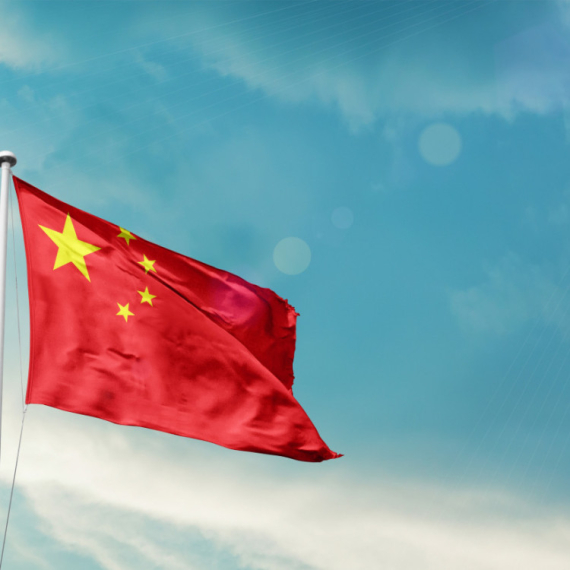




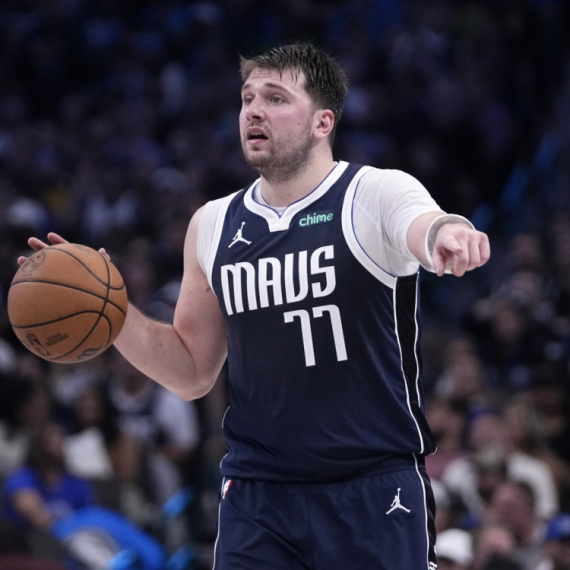

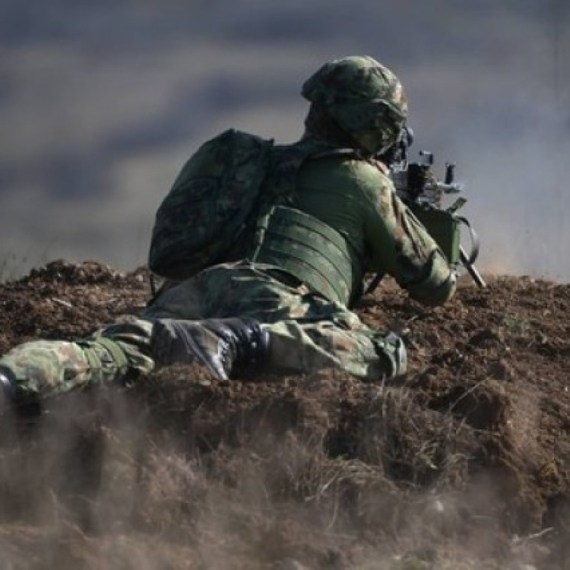
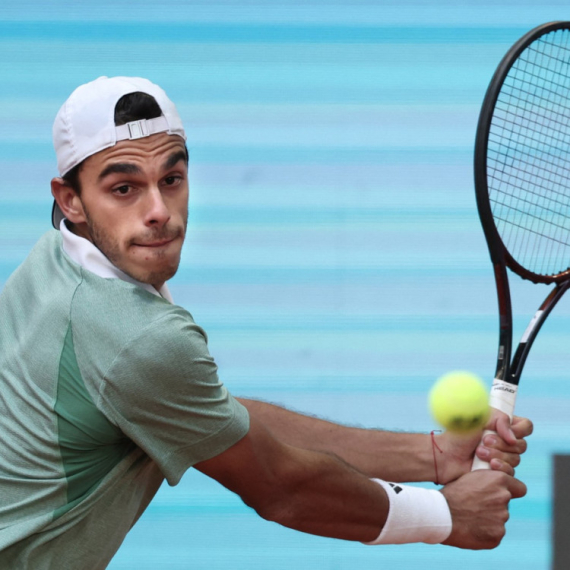
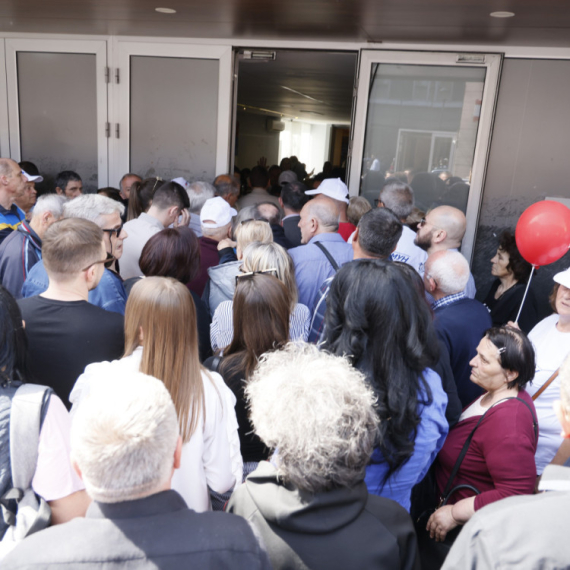
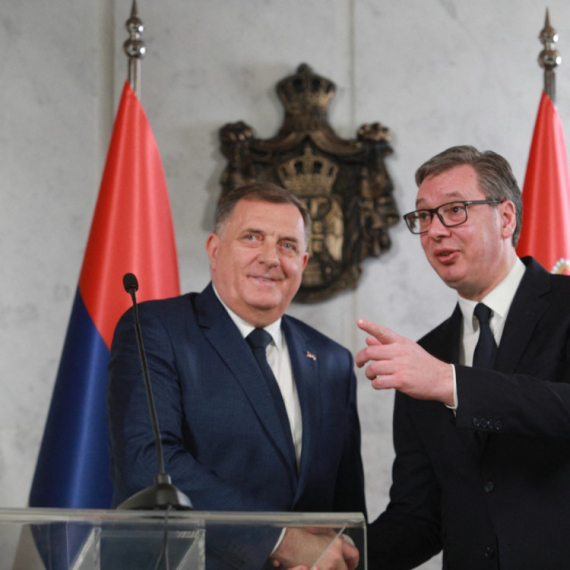
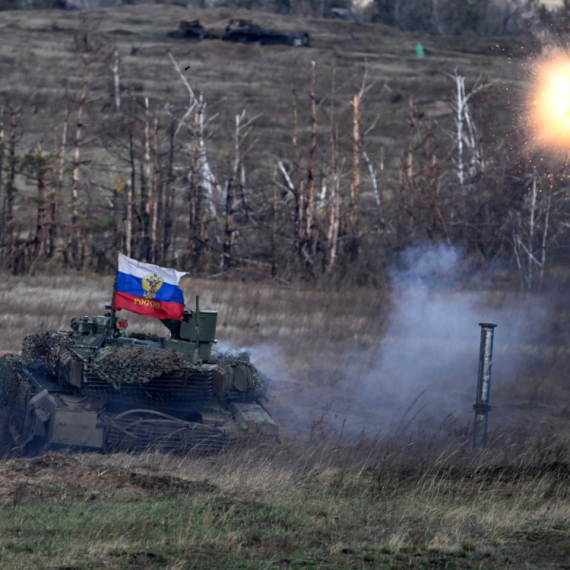
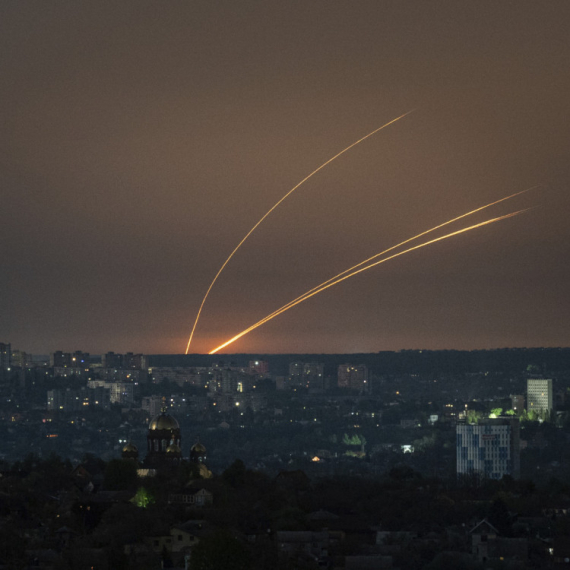
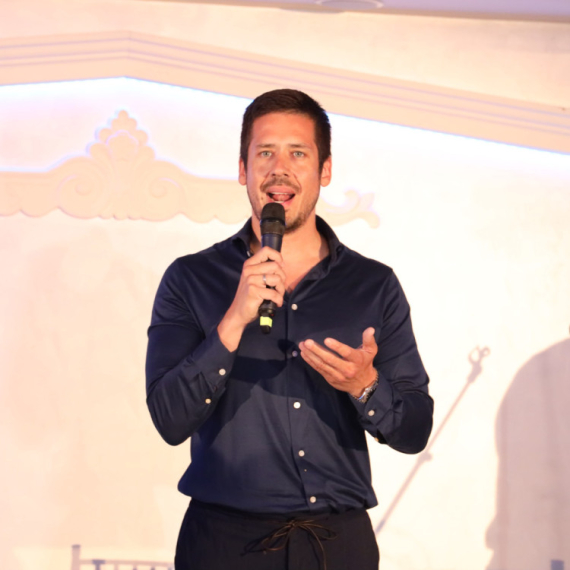
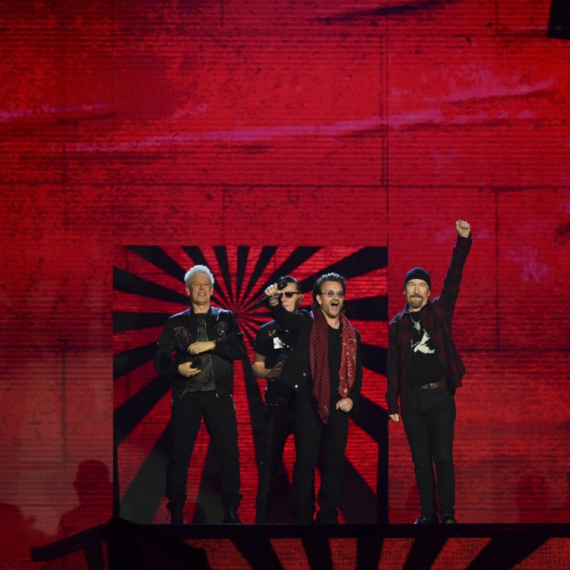

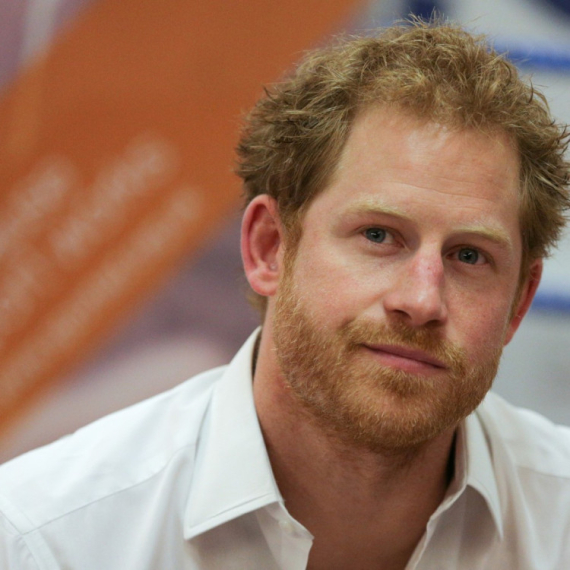
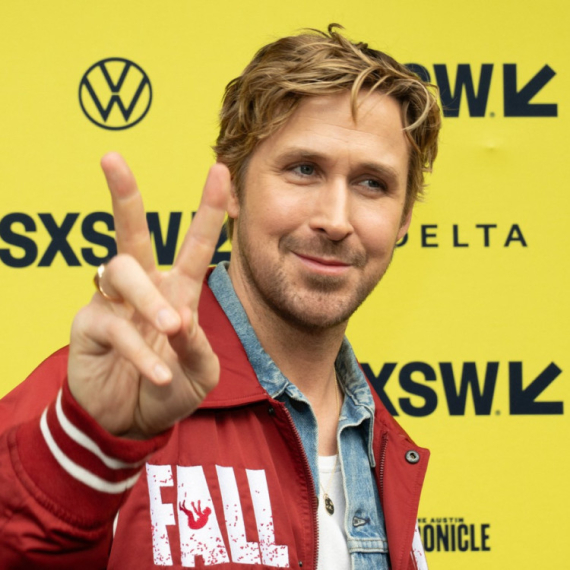

Komentari 0